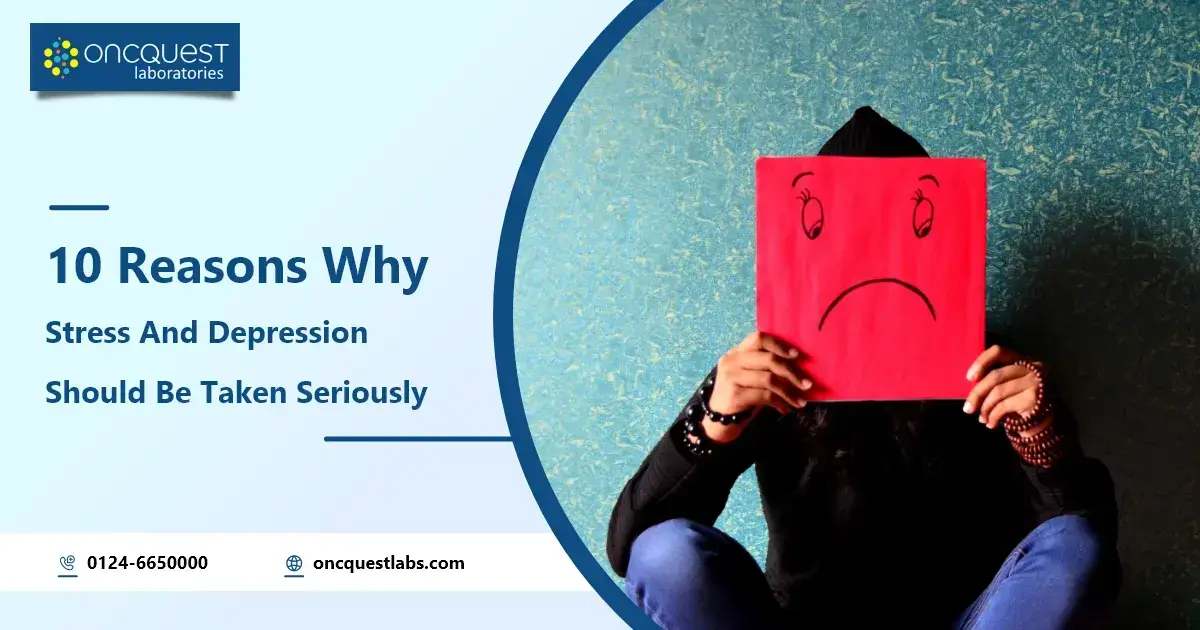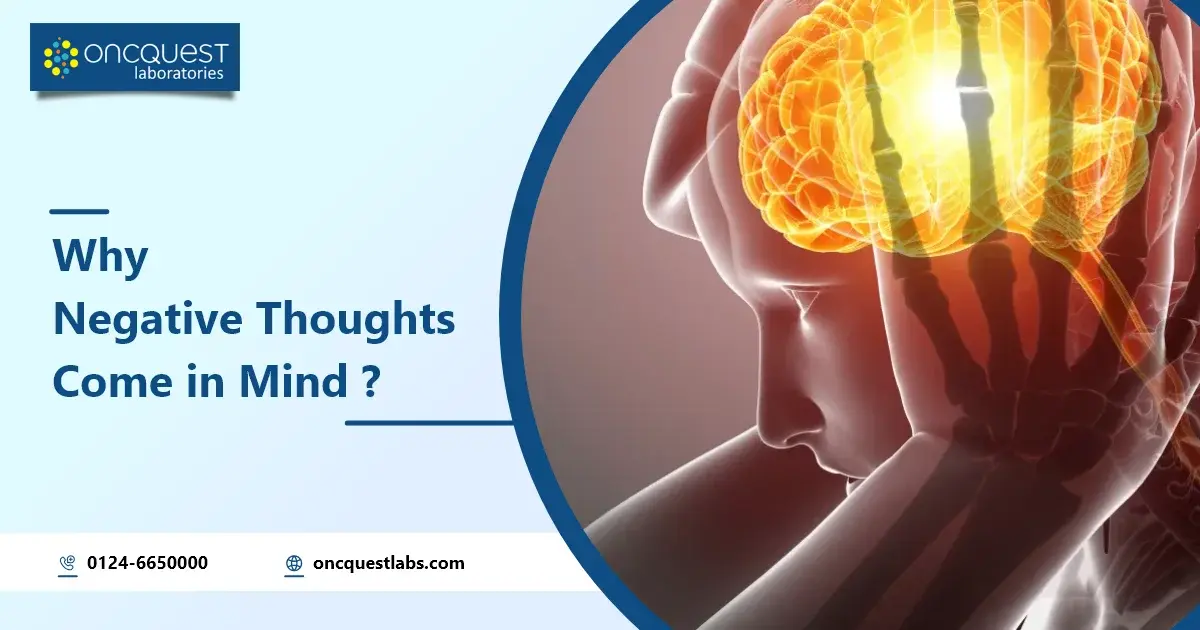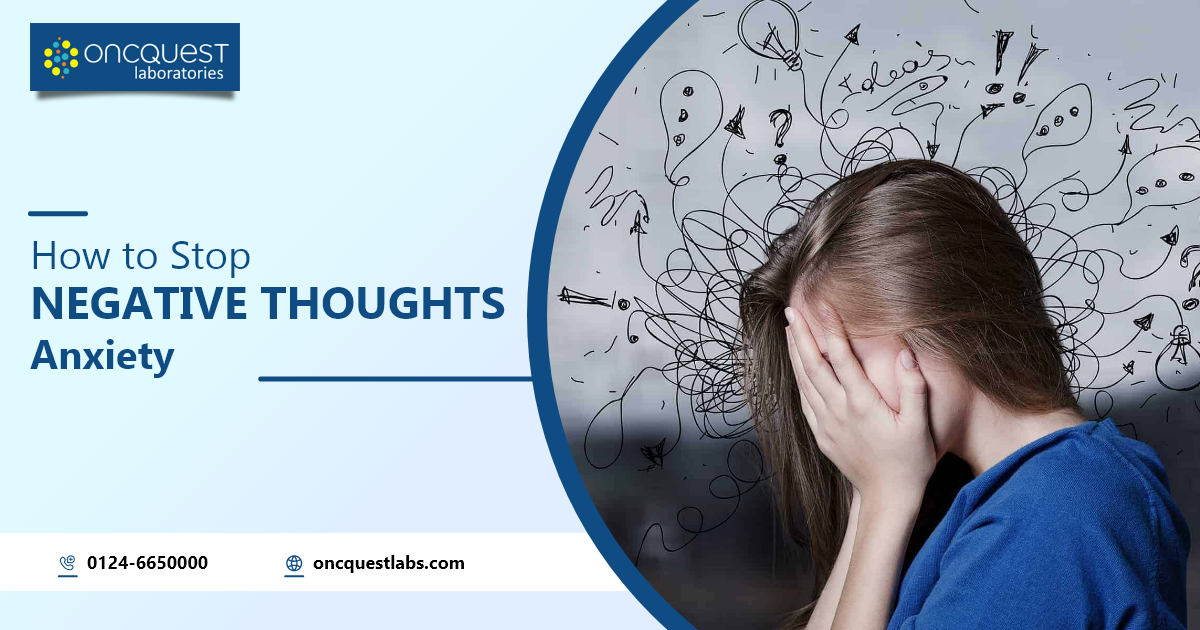Hey there! Life can sometimes feel like a rollercoaster, right? But you know what’s important? Taking a moment to talk about stress and depression. Yep, those feelings that make our minds feel a bit heavy. Why should we take them seriously, you ask? Well, let’s break it down in simple terms.
Imagine stress and depression like unwelcome guests at a party. They don’t just affect one person; they can impact a lot of things around us. So, here are 10 easy-to-understand reasons why we should pay attention to them. Stick around, and let’s chat about why it’s important to look out for ourselves and our friends.
Contents
What is Stress And Depression?
Stress: Stress is like your body’s way of responding to any kind of demand or threat. It’s a natural reaction that can be caused by good or bad experiences. When you feel stressed, your body goes into “fight or flight” mode, releasing hormones like adrenaline to help you respond quickly. But when stress becomes too much or lasts too long, it can affect your health and well-being.
Depression: Depression is a mental health condition that goes beyond just feeling sad. It’s a persistent feeling of sadness, hopelessness, and a lack of interest or pleasure in things you once enjoyed. Depression can affect how you think, feel, and handle daily activities. It’s important to know that depression is not a sign of weakness, and it’s something that many people can overcome with the right support and treatment. If you or someone you know is experiencing depression, seeking help is a brave and important step.
Inter Relation Between Stress And Depression
Stress and depression are closely interrelated, and their connection often creates a complex cycle. Here’s how they interact:
- Stress as a Trigger: Stressful situations, whether they are related to work, relationships, or other life challenges, can act as triggers for the onset of depression. The constant pressure and strain may contribute to a decline in mental health over time.
- Chronic Stress Leading to Depression: Prolonged or chronic stress can overwhelm an individual’s coping mechanisms. When the stress response system is constantly activated without relief, it may contribute to the development of depressive symptoms.
- Chemical Changes in the Brain: Both stress and depression involve changes in the brain’s chemistry. Chronic stress can alter the balance of neurotransmitters, which are chemicals that transmit signals in the brain. This imbalance is also associated with depressive disorders.
- Impaired Coping Abilities: Persistent stress can impair an individual’s ability to cope with challenges effectively. When coping mechanisms are compromised, it becomes more difficult to manage stressors, potentially leading to the onset or exacerbation of depressive symptoms.
- Negative Thought Patterns: Stressful situations often trigger negative thought patterns. If these patterns become persistent, they can contribute to the development of depressive thinking, creating a mental environment conducive to depression.
- Impact on Lifestyle Factors: Stress can influence lifestyle factors such as sleep, exercise, and eating habits. Disruptions in these areas can contribute to the development or worsening of depressive symptoms, as these factors are closely linked to mental well-being.
- Vicious Cycle: Stress and depression can create a vicious cycle, with each feeding into the other. Stress may contribute to the development of depression, and depression, in turn, can magnify the impact of stressors, creating a loop that is challenging to break without intervention.
- Shared Risk Factors: Stress and depression share common risk factors, such as genetic predisposition and environmental influences. Individuals prone to stress may also be more susceptible to depression, and vice versa.
- Physical Health Consequences: The physical health consequences of chronic stress, such as weakened immune function and increased inflammation, can further contribute to the overall burden on the body and mind, potentially leading to or worsening depressive symptoms.
- Treatment Considerations: Effective treatment for one often involves addressing the other. Managing stress through healthy coping strategies can be an integral part of preventing or alleviating depression. Similarly, treating depression may involve addressing and managing stressors.
Understanding the interplay between stress and depression is crucial for developing comprehensive approaches to mental health that address both the triggers and the symptoms, providing individuals with the support and tools they need to navigate life’s challenges.
Reasons Why Stress And Depression Should Be Taken Seriously
- Impact on Physical Health: Persistent stress and depression can take a toll on the body, contributing to a range of health issues, from cardiovascular problems to weakened immune function.
- Impaired Daily Functioning: These conditions can significantly hinder an individual’s ability to perform daily tasks, affecting work, relationships, and overall quality of life.
- Increased Risk of Substance Abuse: People grappling with stress and depression may turn to substances as a way to cope, leading to heightened risks of addiction and related health issues.
- Strain on Relationships: Mental health challenges can strain personal relationships, causing communication breakdowns, emotional distance, and conflicts within families and friendships.
- Negative Impact on Work or Academic Performance: Stress and depression often lead to difficulties in concentration and focus, negatively impacting productivity and academic achievement.
- Elevated Risk of Suicide: Untreated depression significantly increases the risk of suicide, underscoring the urgency of addressing these conditions promptly.
- Financial Consequences: From increased healthcare costs to lost productivity in the workplace, stress and depression can have significant economic implications on both individuals and society.
- Stigma and Barriers to Treatment: The stigma surrounding mental health issues may prevent individuals from seeking help, underscoring the need to break down barriers and promote open conversations.
- Long-Term Effects on Brain Health: Chronic stress and depression can have lasting effects on brain health, contributing to cognitive decline and memory problems over time.
- Quality of Life Matters: Ultimately, stress and depression can profoundly impact an individual’s overall well-being, emphasizing the importance of taking these conditions seriously and providing adequate support and resources for recovery.
How To Cure Stress And Depression Naturally?
While it’s important to note that natural approaches may not replace professional medical advice, they can complement traditional treatments. Here are some natural strategies that may help alleviate stress and depression:
- Regular Exercise: Engaging in physical activity releases endorphins, the body’s natural mood lifters. Aim for at least 30 minutes of moderate exercise most days of the week.
- Healthy Diet: Consume a well-balanced diet rich in fruits, vegetables, whole grains, and lean proteins. Certain nutrients, like omega-3 fatty acids, may positively influence mood.
- Adequate Sleep: Ensure you get enough quality sleep. Sleep plays a crucial role in mental health, and lack of sleep can exacerbate stress and depression.
- Mindfulness and Meditation: Practices like mindfulness meditation and deep breathing exercises can help calm the mind and reduce stress. These techniques promote relaxation and self-awareness.
- Social Support: Maintain connections with friends and family. Social support is essential for mental well-being, providing a sense of belonging and understanding.
- Sunlight Exposure: Spend time outdoors in natural sunlight. Sunlight can boost serotonin levels, which influence mood and help alleviate symptoms of depression.
- Limit Stimulants: Reduce intake of stimulants like caffeine and alcohol, as they can negatively impact sleep and exacerbate feelings of anxiety.
- Establish Routine: Create a daily routine that includes regular mealtimes, exercise, and sufficient sleep. A structured routine can provide a sense of stability and control.
- Creative Outlets: Engage in activities that bring joy and creativity, whether it’s painting, writing, or playing music. Creative expression can be therapeutic.
- Herbal Supplements: Some individuals find relief from stress and mild depression with herbal supplements like St. John’s Wort or lavender. However, it’s crucial to consult with a healthcare professional before trying any herbal remedies, as they may interact with medications or have contraindications.
Remember, what works can vary from person to person. If you’re experiencing persistent or severe symptoms of stress or depression, it’s crucial to seek professional help. A healthcare provider or mental health professional can offer guidance tailored to your specific needs and circumstances.
Conclusion
In conclusion, addressing stress and depression is vital for overall well-being. By incorporating natural strategies like regular exercise, a balanced diet, and mindfulness, individuals can enhance their mental health. Cultivating a strong support network and seeking professional guidance when needed are equally important. Remember, there’s no one-size-fits-all solution, and it’s okay to ask for help. Taking these steps collectively contributes to a holistic approach, fostering resilience and improving the quality of life. Embracing both natural methods and professional support empowers individuals on their journey toward mental wellness.
Frequently asked Questions
Q1: What causes stress and depression?
A1: Stress and depression can stem from various factors such as genetic predisposition, life events, chronic health conditions, or imbalances in brain chemicals. Environmental stressors, personal relationships, and societal pressures also contribute to their development.
Q2: Why should mental health be taken more seriously?
A2:Prioritizing mental health is crucial as it directly impacts overall well-being. Neglecting mental health can lead to diminished quality of life, hindered productivity, and strain on relationships. Recognizing and addressing mental health concerns fosters a healthier, more resilient society.
Q3: What is the most painful mental illness?
A3: It’s challenging to quantify the most painful mental illness as experiences vary. Conditions like severe depression, bipolar disorder, and post-traumatic stress disorder (PTSD) can be exceptionally distressing. The impact depends on individual factors and the level of support available.





